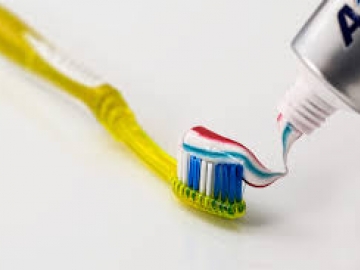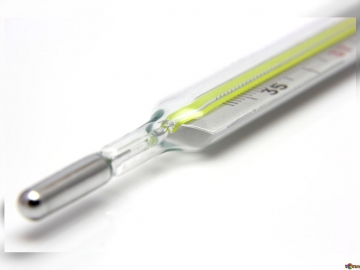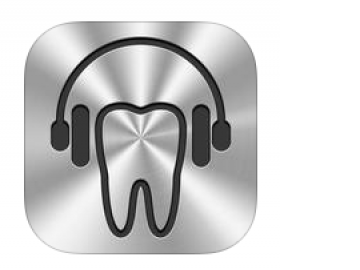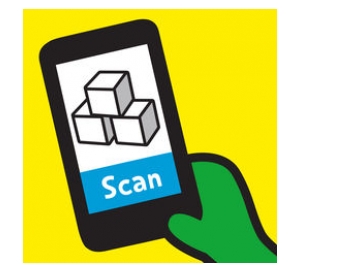Child
- About
- Meet The Team
- Conditions
- Dental Practitioners: Dental care in children at risk of Infective Endocarditis
- Looking after your child’s oral health
- Coming for an echocardiogram
- Outpatient Appointments
- Preparing to Come into Hospital for Surgery
- On Admission to the Children's Ward
- Visiting
- Operation Day
- Children's Intensive Care
- Daily Routine on Intensive Care
- Managing your child's discomfort
- Going Home
- Children's Cardiac MRI Scan
- Cardiac Catheter
- Reveal Device
- Ablation Procedure
- Pacemakers
- INR and Warfarin
- Lifestyle and Exercise Advice
- School Advice
- Attachment
- Yorkshire Regional Genetic Service
- Advice & Support Groups
- Your Views
- Monitoring of Results
- Second Opinion
Looking after your child’s oral health
-
.png?x=28.5&y=1&w=264&o=360?)
What is infective endocarditis?
• Endocarditis is a rare infection of the inside the heart or the main arteries.
• It most commonly affects one or more of the heart valves but may also occur around holes between the heart chambers, at the site of abnormalities in the walls of arteries or at the site of previous heart or arterial surgery.
• It is a serious condition and can cause major damage to the heart valves and may even cause stroke or death.
• Most endocarditis occurs in patients already known to have heart abnormalities.
• Most patients with congenital heart disease are at increased risk of getting endocarditis.
• The only exceptions being isolated atrial septal defects or patients who have had completely curative treatment.To view our endocarditis information leaflet please click here
-
How might my child get infective endocarditis?
• Endocarditis can only occur if bacteria get into the bloodstream (called bacteraemia). Although it is not possible to prevent all bacteria getting into the bloodstream, there are some things you can do to reduce the risk of getting endocarditis.
• Everybody carries bacteria in the mouth. These are usually harmless, but if the teeth or gums become diseased it becomes much easier for large numbers of bacteria to get into the blood, with the risk they may settle in the heart and cause endocarditis.
• Ear piercing, other body piercings or tattooing can lead to infections which may cause endocarditis. Patients at increased risk of endocarditis are safest avoiding these procedures.
-

How might my child feel if they were developing infective endocarditis?
• Patients with endocarditis develop a temperature and feel generally unwell, with symptoms very similar to having the flu.
• Flu is very common and usually resolves after about a week.
• Flu like symptoms with a temperature which persist for longer than a week should be reported to your child’s cardiologist, not just your child’s GP, so that specialist tests can be carried out to check for endocarditis. -
What can I do to help my child avoid infective endocarditis?
• Good dental care and oral hygiene are important to reduce the risk of infective endocarditis.
• Your child’s medical team will refer your child to have a specialist dental review by the age of 2 years old, but you should take your child to your own family dentist for a dental check- up by the age of one.
• Please continue attending your family dentist on a regular basis. They will give advice on how to look after your child’s teeth and gums.
• Tooth brushing twice a day, using a fluoride toothpaste, with supervision from an adult until the age of at least 7-8 years old.
• A healthy diet avoiding sugary snacks and drinks.You may find the following free, NHS approved apps useful:
-
The Brush DJ app features a toothbrush timer, allows users to set reminders to brush twice daily, when next to see their dentist and provides evidence- based age specific information as per the Public Health England toolkit ‘Delivering Better Oral Health. For more information go to www.brushdj.com

-

The Change4Life Food Scanner app lets you look up the sugar, saturated fat and salt in everyday foods and drinks. Scan the barcodes of more than 140,000 products and get tips and hints along the way. The app is fun and engaging to help you and your family make healthier choices. For more information go to https://www.nhs.uk/Tools/Pages/food-scanner-app.aspx
-
When should my child start seeing the dentist?
The British Society of Paediatric Dentistry recommends that all children should start to see a dentist as soon as their first teeth come through, and before their first birthday.
The vast majority of children should have their routine dental care at a local dental practitioner so all carers are strongly encouraged to seek oral health care with their local general dental practitioner in the first instance.How can I find a family dentist?
• Visit the NHS website which keeps a directory of local services https://www.nhs.uk/
• If your child requires urgent dental care and does not have a family dentist then call NHS 111What if my child requires dental treatment?
The safest way for any dental care to be carried out is generally using local anaesthetic ( an injection in the gum). Sometimes sedation, usually inhalation sedation ( gas and air), can also be used to help children and young people have dental care completed. If the care cannot be carried out with the child awake then a general anaesthetic (going to sleep) will be necessary.
When might my child need to see a specialist/ consultant in Paediatric Dentistry?
Your dentist may be able to provide dental care for your child at your family practice using local anaesthetic +/- inhalation sedation. If this is not feasible then your dentist will refer your child to your local Specialist/Consultant in Paediatric Dentistry for specialist level care using local anaesthetic/ inhalation sedation /general anaesthetic.
Also, newly diagnosed cardiac patients, especially those under the age of 2 years old, and those children who require cardiac surgery will be referred by the Cardiology team for a specialist paediatric dental review. -
.png?x=53.5&y=4&w=339&o=465?)
.png?x=58.90625&y=-2&w=357&o=465?)
